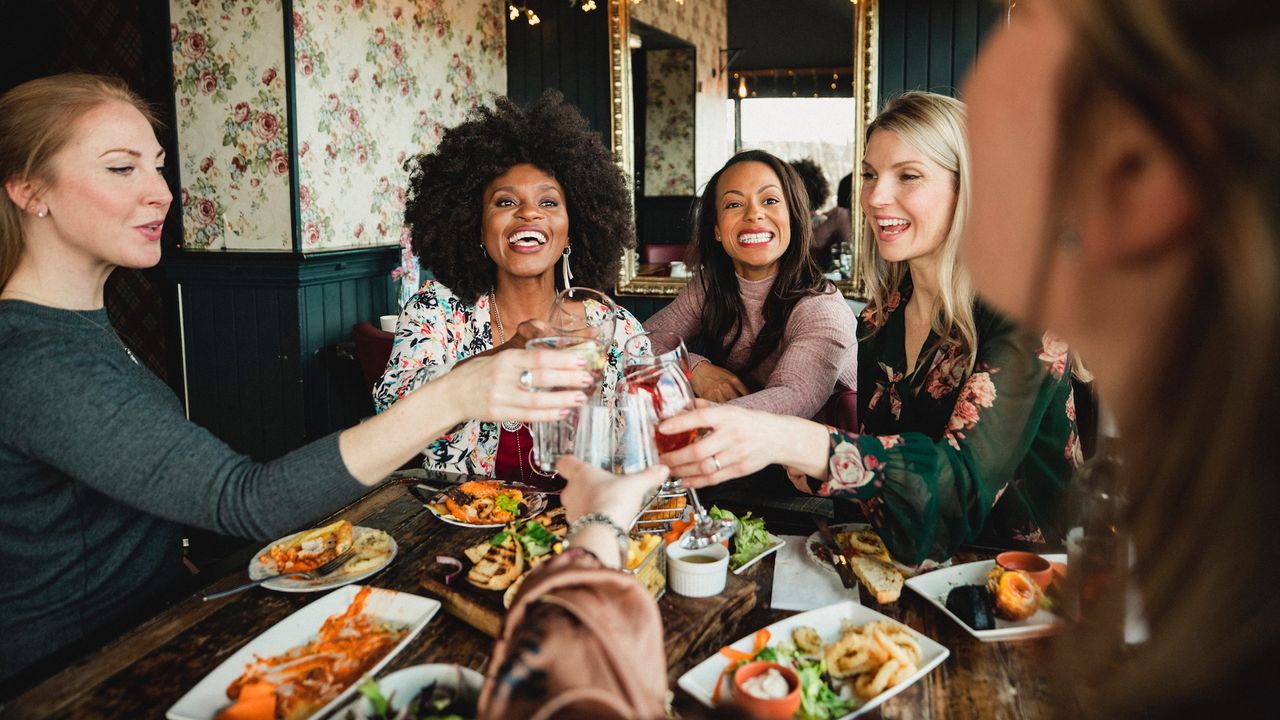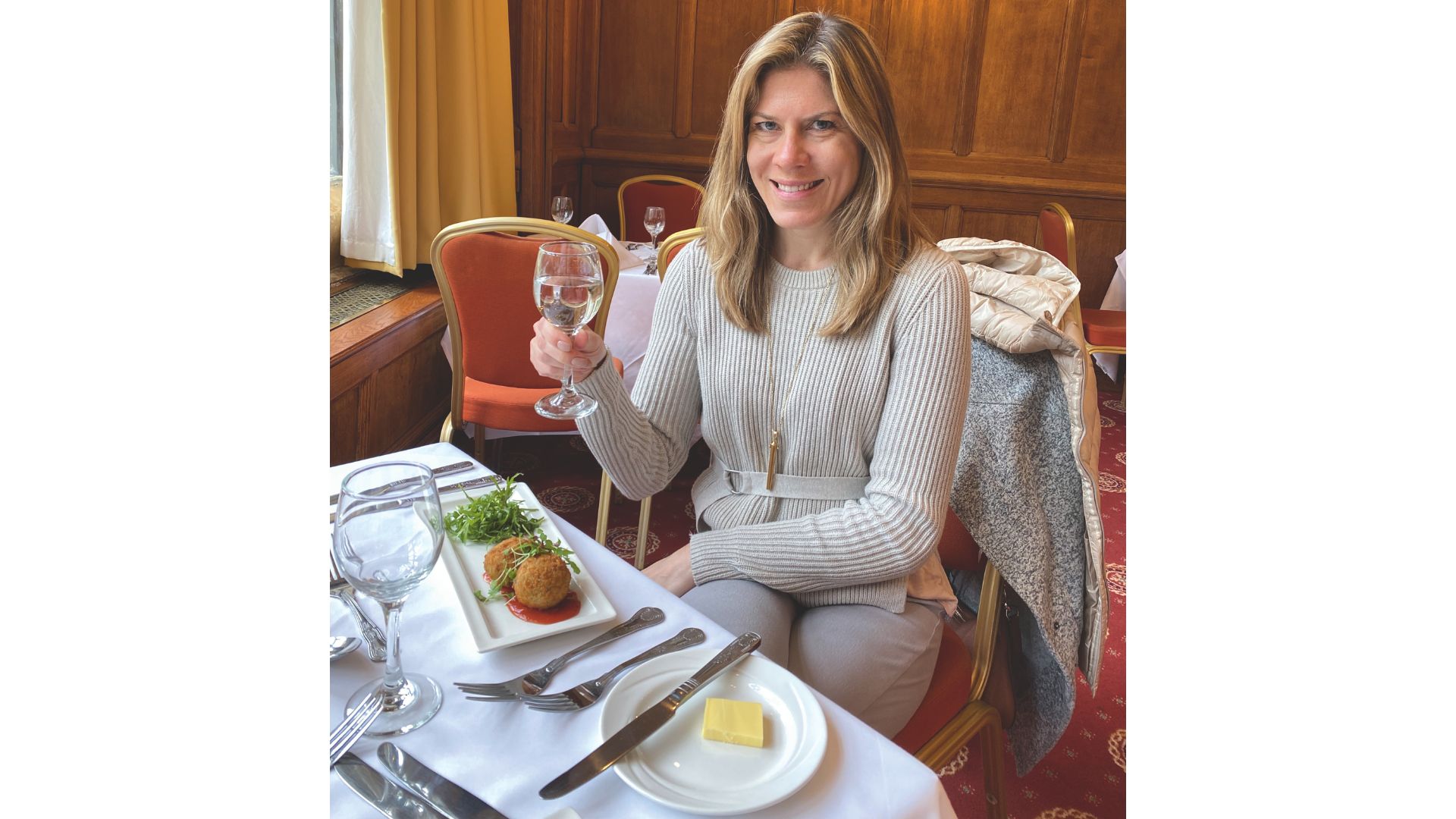
Phobias are the most common type of anxiety disorder in the UK, affecting many of us in different ways. But for some people, these phobias can become so extreme that they take over their lives and can even seriously affect their health.
Lydia Bogert, 42, from north London, is an eating disorder recovery coach. Her fear of eating began when she was in her 20s, and became so serious that she developed anorexia. Remarkably, Lydia recovered from this phobia; here's how.
"In April 2008, I was having dinner with my flatmate Ted. He said something funny and I inhaled a chunk of sausage that lodged in my throat," recalls Lydia, who now has three children, Samson, 13, Isaac, 12, and Leah, 10.
"Unable to breathe, I thought I was going to die. Ted performed the Heimlich manoeuvre, which saved my life, but I became too scared to eat or chew anything solid."

"At the time, I was living in Russia as an English teacher, so with no friends or family around me at mealtimes, I was able to cover up my fear.
"I lost a lot of weight, and within two months, my phobia had morphed into anorexia. Some of my students and my flatmate said that I was looking thin but I took their comments as compliments.
"Six months later, I started to have palpitations and spells of dizziness. I felt poorly and couldn’t function properly.
"I realised if I didn’t start eating, I would die. But with my body in starvation mode, I was hungry all the time and started bingeing."
"Moving to London in 2012, I heard about mindfulness and how we can choose what meaning we ascribe to our thoughts.
"Realising I could change the way I related to food, I developed tools to help me overcome negative thoughts, combining visualisation techniques, breathing exercises, and focusing on being balanced, calm and centred.
✢ Eating disorder recovery coaching Get in touch with Lydia for her tailored Her Healthy Life programme
✢ Cognitive Behavioural Therapy (CBT) Find therapists through the British Association for Counselling and Psychotherapy
✢ Hypnotherapy can help reframe phobias. Try Hypnotherapy Associates
✢ Clinical psychologists help individuals understand what’s driving a phobia. Contact Dr Stuart Psychologists
"Around that time, I met my husband Jonathan. With his love and support I established a more normal relationship with food.
"I still eat slowly and prefer eating in peace, but I do enjoy food. Inspired by my experience, I qualified as a cognitive behavioural hypnotherapist, and now work as an eating disorder recovery coach.
"I don’t want anyone else to experience what I did alone."
This article first appeared in the August 2025 issue of woman&home magazine. Subscribe to the magazine for £6 for 6 issues.







